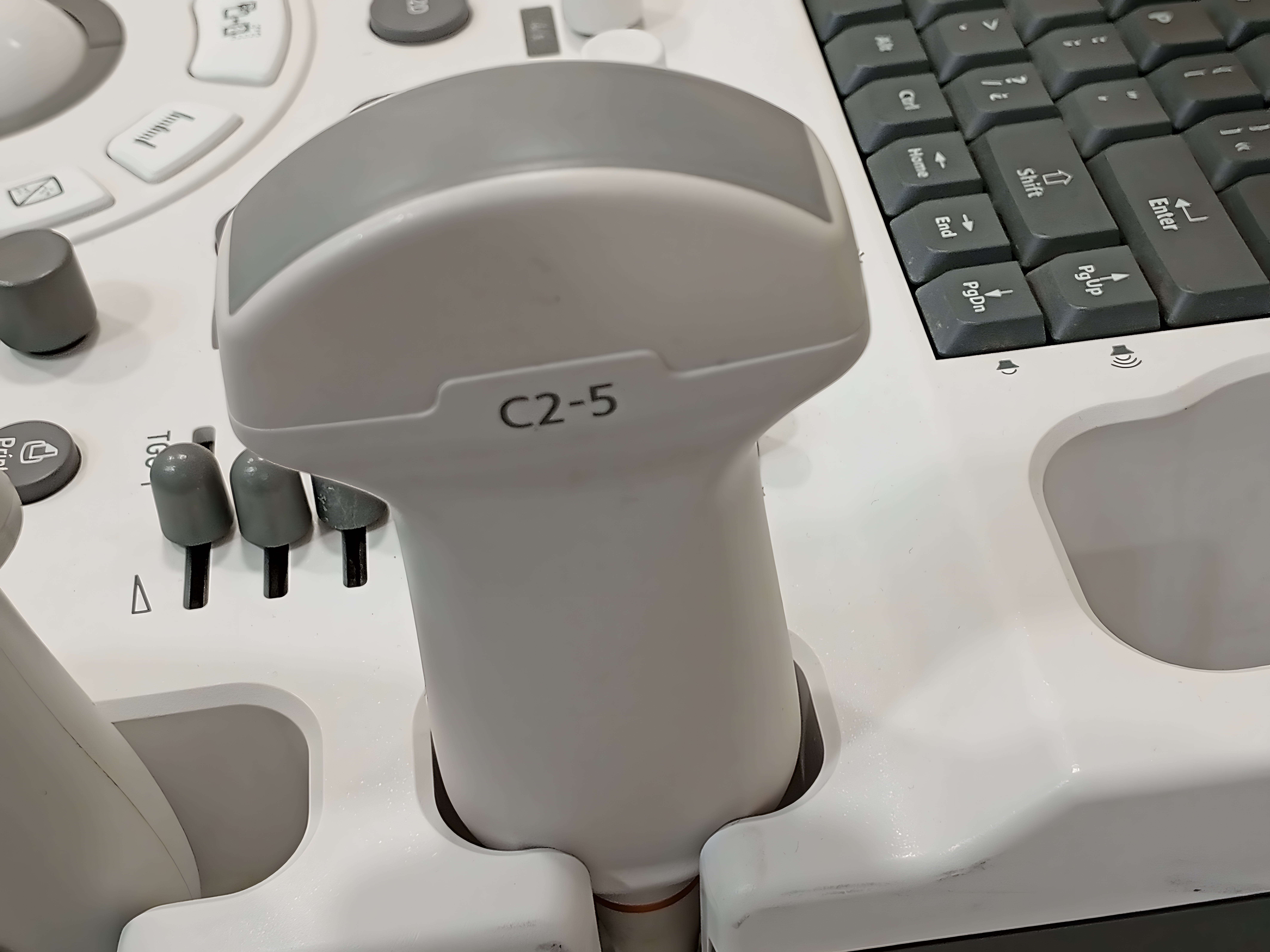A new ultrasound “helmet” could transform the treatment of Parkinson’s disease and other neurological conditions by offering a non-invasive alternative to deep brain stimulation (DBS).
The device, developed over a decade by teams at Oxford University and UCL, can target brain regions 1,000 times smaller than standard ultrasound and 30 times smaller than previous deep-brain devices. Unlike DBS, which requires electrodes to be surgically implanted, the helmet delivers precise mechanical pulses to specific brain areas while patients lie in an MRI scanner.
In early tests with seven volunteers, researchers successfully targeted a grain-of-rice-sized region in the lateral geniculate nucleus, showing lasting effects in connected brain areas. Experts say the breakthrough could pave the way for treating not only Parkinson’s but also depression, Tourette syndrome, Alzheimer’s, chronic pain, and addiction.
While further trials are needed, researchers hope the system could eventually be adapted for home use, with AI guiding treatment without the need for MRI. If successful, the ultrasound helmet could replace invasive brain implants and mark a milestone in neurological care.



